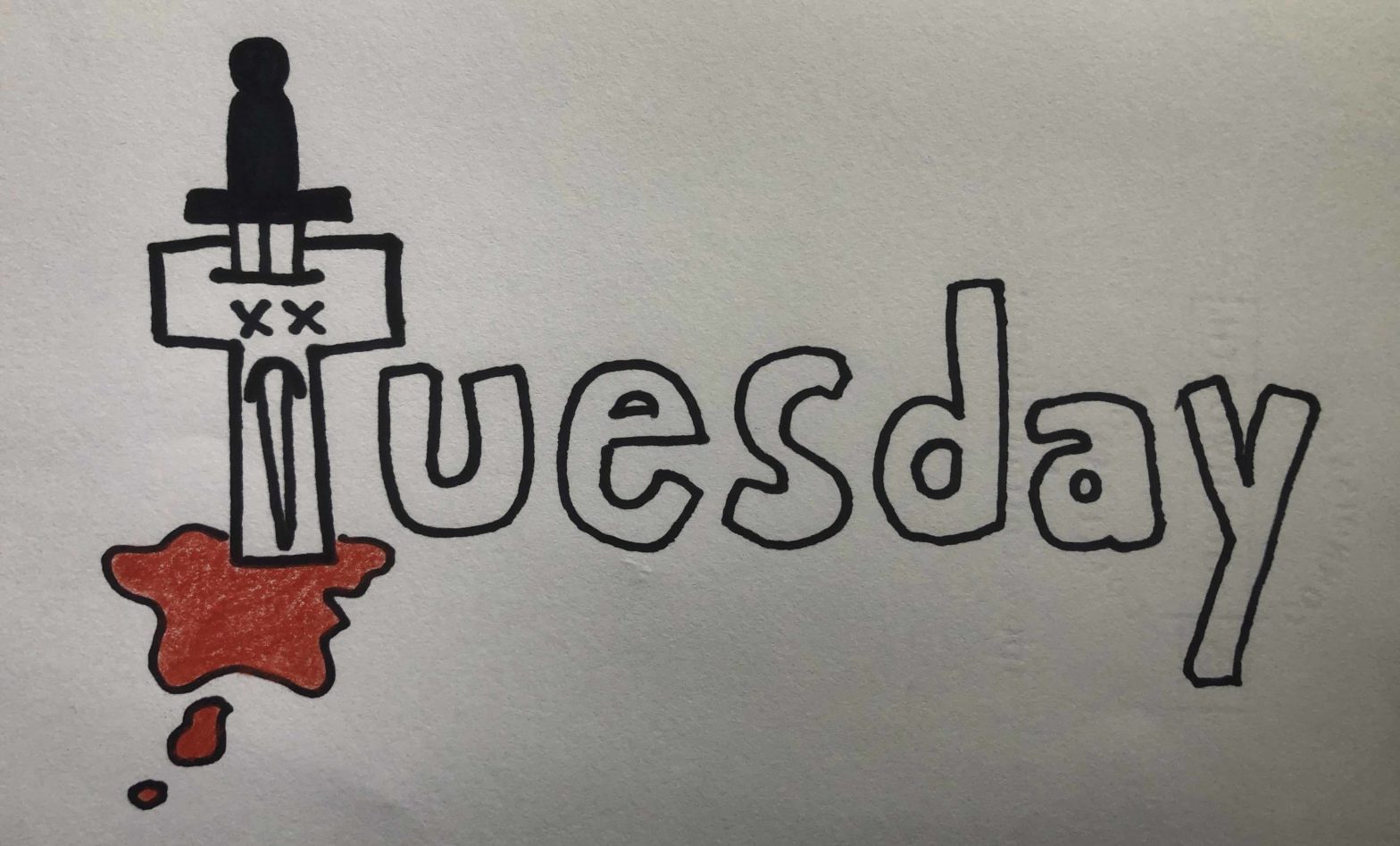Back in 2010 Josh Berezin wrote, “Workplace trends in the Western world include: higher hourly productivity, along with an increasing number of work hours. And to what end? Historically high levels of wealth disparity, along with record unemployment.”
His proposed end was to move to a six day week with the belief that this would generate more happiness and stabilize the economy. But what chance does one man have against a system as entrenched as our calendar? More than ten years later, we’re still struggling with the same problems and no one is talking about the six day week.
Personally I have trouble finding the balance between working and relaxing. I have little external pressure requiring me to be at a desk for a certain number of hours a day, and I’ve always resented a boss that judges productivity as time spent in the office. On the other hand, I love the office, and my desk, and being on the computer!
Even when we’re not at work we stay connected. Smartphones keep us constantly up to date and the expanded work-from-home culture of the pandemic has further blurred whatever was left from the fuzzy line between work and non-work. Culturally we’re bombarded by productivity-porn and even Dolly Parton is promising our side-hustle will deliver some sense of financial safety in these difficult times.
So we keep working.
There is a long history of workers fighting for their time. It took the French Revolution for workers to win a twelve hour workday in 1848 and it was an agreement to show up to work sober on Mondays that won factory workers in England some time off on Saturdays. But you don’t need to chop off heads or threaten to come in drunk to highlight the benefits of time off. There is a solid business case to be made for working less.
- In 1914 the Ford Motor Company doubled its pay to employees, cut shifts from 9 to 8 hours per day and the increases in profits and productivity were soon followed by others.
- In 2019 Microsoft experimented with a four-day workweek and saw a rise in productivity of nearly 40%.
- Jason Fried, who has experimented with Friday’s off at 37Signals explained that “When there’s less time to work, you waste less time. When you have a compressed workweek, you tend to focus on what’s important. Constraining time encourages quality time.”
I like experimenting with ideas for efficiency and trying to improve my life. Sometimes these experiments do not work, like the disastrous adoption of polyphasic sleeping in 2009. But the recent shareholder monthly challenges have helped me double down on healthy sleeping habits and build back my meditation practice.
Josh’s idea is difficult to experiment with because unless you are a megalomaniacal startup leader you can’t just impose a new calendar on people. But perhaps Like Jonas Salk or Albert Hoffman we could test this idea on ourselves. I’m in a unique position to live my life out of step with the rest of the world.
The idea is simple. All we have to do is kill Tuesday.
Why Tuesday? I put that question to Josh who told me,
“Every other day strikes me as more essential. They all have more cultural identity.
- Monday is the beginning of the week. A week has to have a beginning!
- Wednesday is entirely the meat of the week. Hump day. It represents work itself.
- Thursday, you have weekend anticipation! You can see the end of the week from there!
- Friday is the end of the week, TGIF! It’s FRIDAY, you can’t get rid of Friday. Would you get rid of Friday? No, you wouldn’t.
But Tuesday? Tuesday? So what, Tuesday. No one is going to cry about Tuesday. I can’t come up with a reason or really even an identity for Tuesday. And don’t fucking give me ‘taco tuesday’… gtfo with that. That’s why.”
If Josh’s arbitrary decision isn’t a good enough reason there is also the relationship Tuesday has with Mars, the God of War. And since the fall of Constantinople was on a Tuesday the Greeks have considered it unlucky. Look, one of them has to go, might as well be Tuesday. (when i shared these Tuesday facts with Josh he said, “Zzzzzzzzzzz… No one knows any of that stuff. Further evidence of Tuesday’s lack of identity.”)
Okay, so Tuesday is dead, RIP. Now what? How do you live your life in six day weeks when the rest of the sheeple are living seven day weeks? In addition to the experiment of living in six-day weeks you also have to defend your new weekend time when it doesn’t match up with others. Exceptions will sometimes have to be made, just as in Gregorian life we must sometimes work on a weekend or take a weekday off.
This is what a six day week looks like.

But the computer has built in calendar features that operate on a seven day week. There is no option to edit how weeks work so in the calendar app new “all day” events for each day of the week help guide the six day week and also show the repeating pattern of weekends, always so much beautifully closer than in the tyrannical seven day week.

I’m excited to be the Chuck Yeager (he is a famous test pilot) of this new idea. I hope this experiment will highlight that productivity and social well-being can co-exist. Because we don’t need to “hustle” or “life hack” our way to success and happiness. It’s possible to adopt new ways of living a life that is as satisfying in work as it is in time off, while sacrificing neither. And who knows, maybe someday we can have a revolution of our own and change the calendar again.
This is presented to the shareholders for a vote to adopt a six day week.

You must be logged in to post a comment.